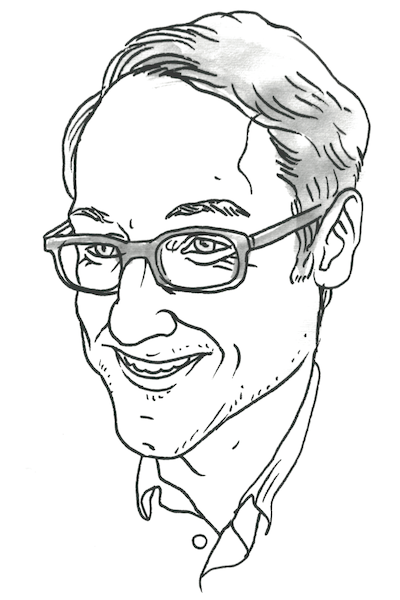You may not have noticed amid all the trauma and emotion, but last week fashion had a moment. I’m talking about the (not quite triumphant) return of formerly disgraced designer John Galliano, three years after Dior booted him out following a drunken anti-Semitic rant. Galliano is now at the helm of Maison Martin Margiela, known for its bleached white brand identity – spot the metaphor. As the world debated free speech, the man sacked for his offensive statements unveiled his comeback collection to an elite group of cloth-watchers.
His appointment was a bold move by the brand’s owner Renzo Rosso, whose holding company is appropriately named Only The Brave. (Most people know another of its brands, Diesel, far better.) Galliano seems contrite, although his collection of deconstructed garments showed a spark of his old genius. It’s just that it didn’t feel relevant. Which leaves me wondering whether fashion is relevant at all right now.
When I wrote a book about fashion in 2003, the industry seemed frothy and entertaining. People like Galliano, Tom Ford and Marc Jacobs were revered as stars, even artists. Today, the top-end designers seem more like the highly-pressured figureheads of bloated luxury concerns. They have a defensive, haunted look about them.
Don’t misunderstand me: fashion remains important. Clothes and accessories are a means of translating ourselves for others, of explaining to people how we wish to be treated. As an industry, fashion exports the glamour of Paris, the eccentricity of London, the cosmopolitanism of New York and the artisanal expertise of Milan. Still, given that its job is to reflect trends, fashion seems to have lost its way.
At the very least, it is out of phase with history. If easier times ever return, if one day we feel light and nonchalant and just a little wealthy again, maybe fashion will reclaim its place in the spotlight. Until then, perhaps it needs to step down from its podium and embrace the darkness. I bet John Galliano knows a little bit about that.



